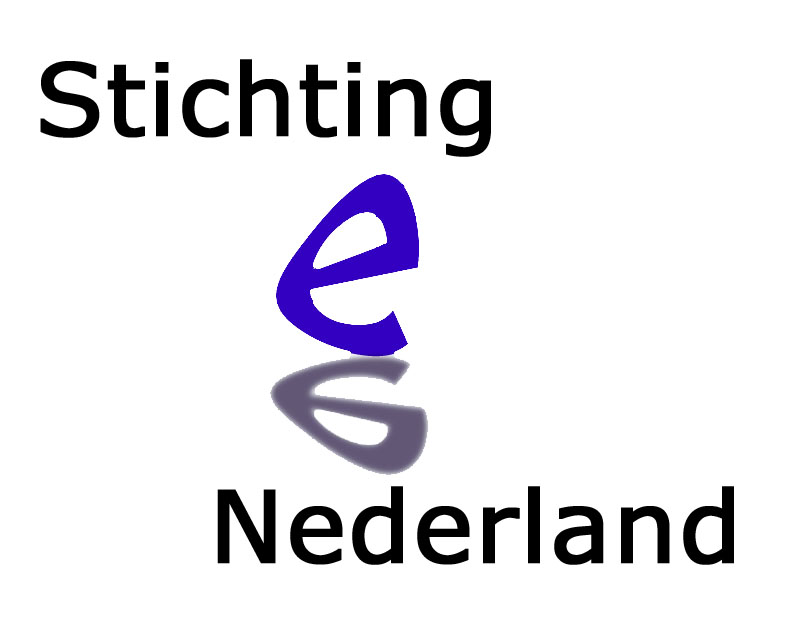 |
||||
Roundtable Sessions: "Media and Ethics" Should You Americanize to Survive?Session chair William Brown (USA) reviewed important ethical theories and dilemmas. In this session, he addressed them by stating that there are two sides to the story: on the one hand, producers and writers have to be conscious of how they influence their audiences; on the other hand, the audience has to become "media literate." Brown introduced panelist Sonja de Leeuw (The Netherlands), who briefly stated her view on media education. Creators of EE should respect other people's needs, culture, and human rights. This sensitivity can only be acquired through experience. A much-discussed topic was the influence of the American media culture on media content worldwide. It is not only that "Hollywood" is relayed all over the globe; more problematic is that the intrinsic values, interaction models, and behaviors are distributed with not enough thought given to their ethical and cultural impact on audiences.
Media content worldwide tends to be dominated by Western influences, which led one participant to raise the question: "Should I Americanize to survive?" This problem seems to consist of two parts: validation from Hollywood, and audience expectations. Icon images tend to minimize the possibility for neutral reception by the audience. This calls for a special kind of culturally conscious, media literacy that will be hard to attain for vast audiences in the non-western world. On a related topic: one participant commented that not only popular media culture but also the programs and projects that support prosocial change in non-Western countries originate from Western sources or make use of Western scholars and experts. With or without awareness, the culture of the sponsor may have an effect on the content of EE. In Brown's words, this all boils down to the question how far one can go in promoting positive values and beliefs: "Who is to decide what is prosocial or not?" Participants in this session raised the issue of ethical dilemmas that writers may experience when producers or funders attempt to control storylines of EE productions. Similarly, artists may experience resistance when they attempt to exercise their artistic freedom. Brown suggested that donors and writers discuss these matters beforehand. One participant pointed out that those who are active in the creative process should be aware of existing stereotypes before they start work.
|
![]()

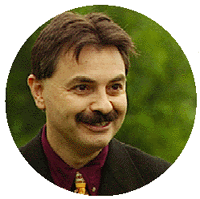
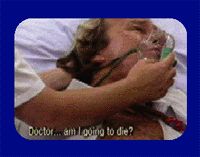 From
Reality Television...
From
Reality Television... 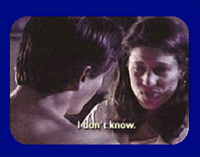 Session
participants also raised the fact that EE does not exist in a
vacuum, and emphasized the link between ethics and aesthetics.
Participants agreed that because of competition from commercial
programs, there is a need to be entertaining to attract audiences.
One participant drew a comparison between EE and milk, saying
that regular milk does not taste the same as milk with vitamin
or mineral additives, since the latter tends to leave an aftertaste.
Similarly, the receiver may realize that there are educational
"additives" and the EE program may leave a particular "aftertaste."
Session
participants also raised the fact that EE does not exist in a
vacuum, and emphasized the link between ethics and aesthetics.
Participants agreed that because of competition from commercial
programs, there is a need to be entertaining to attract audiences.
One participant drew a comparison between EE and milk, saying
that regular milk does not taste the same as milk with vitamin
or mineral additives, since the latter tends to leave an aftertaste.
Similarly, the receiver may realize that there are educational
"additives" and the EE program may leave a particular "aftertaste."
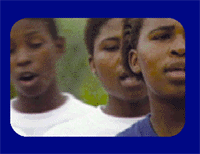 Ethical
Guidelines
Ethical
Guidelines